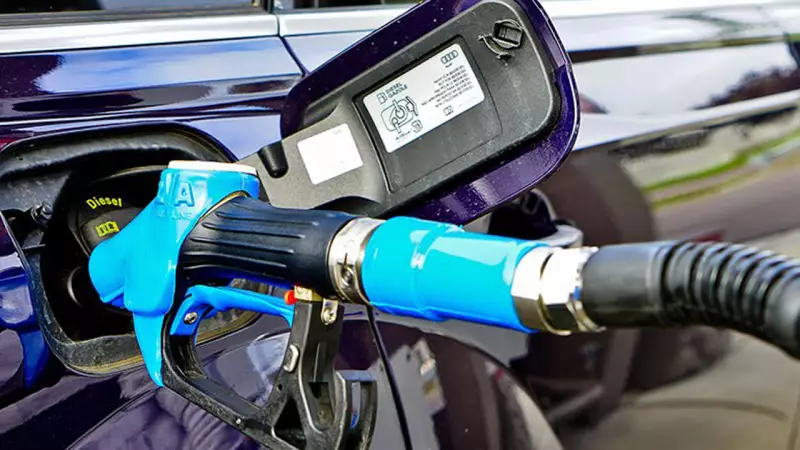
Nigerians are facing what could be the most significant fuel price hike in recent history as indications emerge that petrol may cost as much as ₦1,163 per litre under the Federal Government's new tariff regime.
Massive Revenue Target Behind Price Surge
The dramatic price increase is tied to the government's ambitious plan to generate approximately ₦4.8 trillion annually from the petroleum sector. This revelation comes as part of broader economic reforms aimed at boosting government revenue amidst growing fiscal challenges.
Current Reality Versus Projected Costs
Currently, many Nigerians are already paying between ₦800 and ₦900 per litre at various filling stations across the country. The proposed increase to ₦1,163 would represent a substantial jump, adding more pressure to households and businesses already struggling with inflation and economic hardship.
Economic Implications for Ordinary Nigerians
This potential price surge threatens to trigger a domino effect across the economy. Transportation costs are expected to spike dramatically, which will inevitably lead to increased prices for goods and services. The average Nigerian family, already grappling with rising food prices and other essential costs, may find their budgets stretched beyond breaking point.
Government's Revenue Strategy
The Federal Government's pursuit of ₦4.8 trillion in annual revenue from petrol tariffs indicates a significant shift in petroleum pricing policy. This move suggests the government is moving further away from subsidy regimes toward market-driven pricing, despite the potential social consequences.
Industry Reactions and Public Concern
Energy sector analysts and consumer advocacy groups have expressed deep concern about the proposed pricing structure. Many question the timing of such a significant increase, given the current economic pressures facing Nigerian households and small businesses.
The coming weeks are likely to see intense debate and potential public reaction as more details about the proposed tariff structure emerge. All eyes will be on the government and petroleum regulators to see how they balance revenue generation objectives with the very real economic pain ordinary Nigerians are experiencing.





